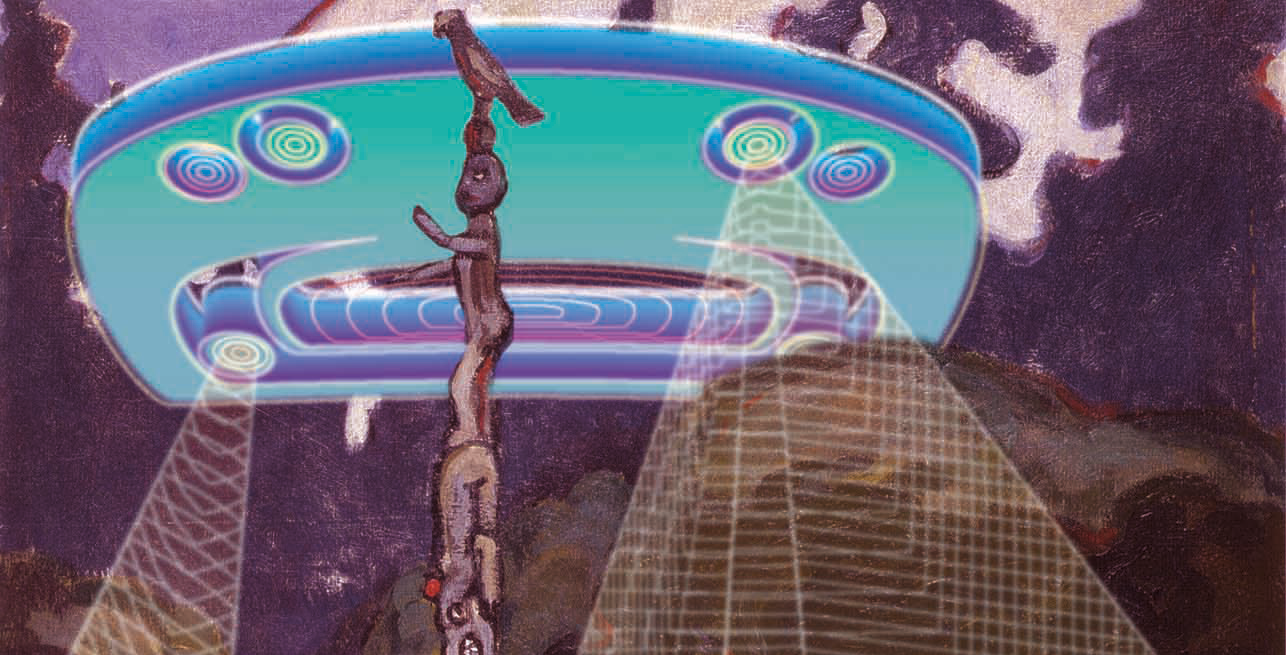Just last week, Senator Dick Durbin oversaw a congressional hearing on disrupting what many are now calling the “School-to-Prison Pipeline” — a web of systems that are pushing low-income students, students of color, and students with disabilities out of the public schools and into the criminal justice system. This historic move by Durbin is only the most recent result of years of grassroots organizing and advocacy, and a positive sign that there is political will to do something about this disturbing trend. But what will it take to disrupt this pipeline?
Some possible answers can be found in a new book, which I am personally very proud to announce: Disrupting the School-to-Prison Pipeline from the Harvard Educational Review. Four colleagues and I have been working for the past year editing this volume, which brings together the voices of scholars, educators, students, lawyers, funders, and incarcerated individuals. With a wide range of perspectives, these fabulous authors illuminate the multiple faces of the pipeline and offer real-world, workable solutions. To get a peek inside the book CLICK HERE.
Part one of the book starts in the education system, looking at the way that discipline policies, racism, and other structural forces are creating “prison-like schools” and failing our students. But we are also introduced to alternatives — for example, a round table of youth, educators, and community members describe their work instituting alternative disciplinary policies under the rubric of restorative justice. Part two follows those who have been pushed out of traditional schools into the realm of alternative schools, juvenile detention centers, and prisons. Here we see how, in these carceral spaces, education becomes both a mechanism of control and a means of liberation. Finally, part three takes a step back to ask what kind of broad efforts might address the pipeline on a national scale — including grassroots organizing and transformative justice.
In between longer essays and scholarly articles are the voices of those most affected by the pipeline — public school students and incarcerated youth and adults. These poems and short essays offer some of the most troubling and the most empowering moments in the book.
I have had an amazing time working with many of these authors, and I am thrilled the book is out. Please spread the word — a movement to end the pipeline is growing, so join in.
Authors: Starcia Ague, Kathy Boudin, Kathleen B. Boundy, Joseph Cambone, Seth G. Cooper, Christopher Dankovich, Bobby Dean Evans, Jr., Jane Hereth, Mariame Kaba, Joanne Karger, Paul Kuttner, Daniel J. Losen, Kavitha Mediratta, Erica R. Meiners, Pedro A. Noguera, Douglas W. Price, Elizabeth A. Reid, David H. Rose, Derek R. Russel, Michael Satterfield, Peter Sipe, Sabina E. Vaught, Alejandro G. Vera, Lewis Wallace, and Robert Wilson.
Editors: Sofía Bahena, North Cooc, Rachel Currie-Rubin, Paul Kuttner, and Monica Ng



